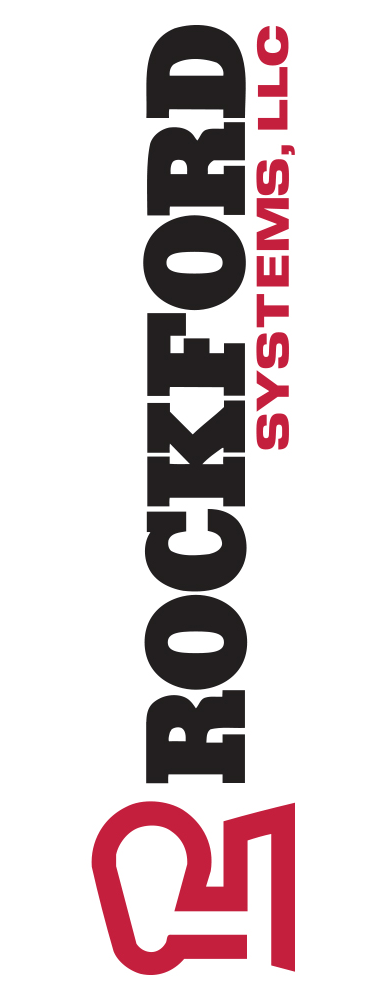
FREQUENTLY ASKED QUESTIONS
Check out our extensive collection of Q&A’s to help your organization improve safety and reduce risk.
Q: Does Rockford Combustion offer customized valve trains?
A: Standard components of all valve trains sizes include regulators, in-line strainers, dual-safety shut-off valves, manual-isolation valves, pressure switches, and test fittings. All assemblies are powder coated and pressure tested.
Q: What sizes are available for the standard valve trains?
A: Standard valve trains are stocked available in multiple sizes from ½” to 2” with standard capacities ranging up to 7,500 SCFH (standard cubic feet per hour). Larger, pre-engineered designs
Q: What are the standard components of a valve train?
A: Standard components of all valve trains sizes include regulators, in-line strainers, dual-safety shut-off valves, manual-isolation valves, pressure switches, and test fittings. All assemblies are powder coated and pressure tested.
Q: How does Rockford Combustion offer fast valve train delivery?
Rockford Combustion offers an array of standardized valve trains that are pre-engineered, modular, assembled from existing segments, and importable as 3D models for customers’ CAD systems. Their modular design eases
Q: How does Rockford Combustion differentiate from other providers?
A: We design and locally manufacture turnkey combustion systems for clean-heat applications spanning from simple to complex, backed by best-in-class delivery, installation and customer support. Our end-to-end solutions include consultative
Q: What are the risks of a poorly designed or inadequately maintained combustion system?
A: Owing to the presence of hazardous vapors and gases, a poorly designed or inadequately maintained combustion system can lead to explosions, fires, asphyxia and burns. For that reason, Rockford
Q: What is a valve, or fuel, train?
A: Valve trains (or fuel trains or gas trains) control the flow of gasses for industrial equipment, such as furnaces, ovens, dryers and boilers, making them a crucial component in
Q: What solutions does Rockford offer?
A: Rockford Combustion offers combustion a turnkey combustion safety solution, including training, on-site risk assessments, annual inspections*, pre-acquisition audits, customized engineered solutions, standardized and customized valve trains, quality installation and
Q: What are thermal processes?
A: Thermal processes are various methods used to alter the physical, and sometimes chemical, properties of a product’s material or coating. Thermal processes may be high-temperature operations such as heat



